On the afternoon of November 4, General Secretary To Lam spoke and exchanged information at the National Assembly hall about a number of new points and important orientations in the draft documents to be submitted to the 14th National Congress of the Party - Photo: VGP/Nhat Bac
The General Secretary 's way of posing the issue is both realistic and demonstrates a very admirable leadership style: honest with reality, straightforward with issues, and trusting in the intelligence and responsibility of the National Assembly.
Institutions and law – innovation from the foundation of national governance
The first issue the General Secretary asked for comments on was about institutions and laws. He pointed out a reality: "The law is correct but it is difficult to implement", "it is clear in the parliament, but at the grassroots level it is difficult". This is one of the statements that most accurately reflects the current "bottleneck" - the gap between law and life.
Overlapping laws, contradictory sub-law documents, complicated procedures, and many regulations make officials afraid to act, businesses afraid to invest, and people do not know where to rely. When the law is not truly a tool for development, the institution cannot be considered complete.
Therefore, the requirement that "laws must be easy to understand, easy to remember, and easy to implement" is not only a legislative technique, but also a fundamental requirement to restore confidence in the rule of law and national governance capacity.
Building a rule of law state – strong but not abusive
The General Secretary affirmed: "The State is strong but does not abuse power; has discipline but is not far from the people; acts decisively but remains humane, and has dialogue."
This is not only a great, humane thought, a concise definition, but also an orientation for the model of a modern rule-of-law State.
After nearly four decades of renovation, we have achieved many successes, but there is still a situation where power is not fully controlled, responsibilities are not clearly defined, and transparency is not substantial. Therefore, the call for "every power must be bound within the legal framework" is a reminder of political civilization - the foundation of social trust.
A true rule of law state is not a state that rules by command, but a state that serves by law, by openness, by accountability, and by integrity.
The General Secretary stated: "Our Party is the ruling Party. Ruling means taking responsibility before the people for the country's development and for the people's daily lives."
Decentralization, delegation of power – delegating power but not "pushing down risks"
For many years, decentralization and delegation of power have always been considered the focus of administrative reform, but the results have not been as expected. The General Secretary has frankly pointed out the reason: "Delegation does not mean pushing down work, and certainly not pushing down risks."
Often, "delegation of authority" is synonymous with "passing on responsibility", while subordinates do not have enough tools, resources and legal corridors to execute. As a result, the apparatus is cumbersome, hesitant and stagnant.
Therefore, he suggested that it is necessary to clearly define what is delegated, to whom, under what conditions, and must be accompanied by a specific inspection, supervision and accountability mechanism. Only when the delegation of authority is accompanied by capacity and legal guarantees can the energy for action be aroused throughout the entire system.
Relationship between the Party, State, Front, People, and Organizations: leading by example and effectiveness
A special highlight in the speech was when the General Secretary asked the fundamental question: "How does the Party lead?" He answered directly: leading by correct guidelines, by setting a clean example, by organizing effective implementation, not by administrative orders.
This is a profoundly innovative statement. Leading by trust means basing governance on morality, example and effectiveness, not on administrative authority. When the people have mechanisms for genuine criticism, supervision and participation, when the Front and mass organizations are truly a “bridge of trust” between the Party and the people, the Party’s power will become more sustainable than ever.
Because as the General Secretary emphasized, "people-centered" cannot be just a slogan - it must be an institutional design so that people have a voice, the right to supervise and the opportunity to participate in policy making.
The role of the ruling party – from policy to results
The General Secretary stated: "Our Party is the ruling Party. Ruling means taking responsibility before the people for the country's development and for the people's daily lives." This is a step forward in the governing mindset: from "comprehensive leadership" to "taking comprehensive responsibility."
The Party not only sets out policies, but also leads the implementation, checks and is responsible for the results. At that time, the Party is not only a guide, but a pioneer in action.
This change is of great significance: it clarifies the responsibilities of organizations and individuals in the system, helping to prevent the mindset of "talking a lot, doing little", "leading but not taking responsibility". That is the way to strengthen the Party's prestige through efficiency and trust.
Innovation in thinking, innovation in national governance - so that practice does not precede thinking
The General Secretary warned: "If our thinking is slower than reality, the document will become outdated as soon as it is passed." That statement correctly addresses the biggest challenge today: reality is running fast, but management thinking is still heavily influenced by old habits, old processes, and old ways of thinking.
This innovation, according to the spirit he set out, is not only economic innovation, but also innovation in leadership thinking and the way of governing the country: from "management" to "service", from "asking - giving" to "creation", from "commanding" to "dialogue and accountability".
That is the essence of modern governance—a government that acts on transparent laws, reliable data, digital infrastructure, and honest officials.
Breakthroughs in the Document – from policy to operating mechanism
The General Secretary stated: The Document Subcommittee has identified 18 new points, but what needs to be discussed is "is it sufficient, is it specific, and is there any point that has not been properly named?". This is a very different way of posing the question: not just praising the achievements, but dissecting directly into the feasibility and depth of reform.
When he asked to "speak frankly, speak completely, speak clearly", it was an invitation to open, democratic and receptive political dialogue - something necessary for the Second Renovation to truly touch the substance of the institution, not just stop at words.
Candid leadership style – new energy of reform
The most notable thing about the speech was not only the content, but also the General Secretary's straightforward and honest leadership style.
He did not use flowery words, did not beat around the bush, did not avoid; every sentence, every word went straight to the "pain point" of the system and life.
Frankness here does not mean criticism, but a modern leadership method - looking straight to correct, speaking the truth to truly innovate. In a political system entering a period of profound transformation, this spirit has an open value: it encourages criticism, promotes self-reflection, self-correction, and restores public trust in the transparency of the ruling Party.
Be straightforward for real innovation
The seven issues raised by General Secretary To Lam are the seven most influential focuses of innovation and reform today: from the legal foundation to the apparatus structure, from the method of governance to development thinking. These are not just orientations, but an action program to build a modern rule-of-law state, constructive governance and honest politics.
What is more valuable is his style of presentation - straightforward, honest and trustworthy - a leadership style based on dialogue and responsibility.
Because only when we dare to face the truth, dare to say the right things, can reform start from the root, new policies and guidelines can come into life, bringing practical values to the people.
Dr. Nguyen Si Dung
Source: https://baochinhphu.vn/nhung-tuyen-bo-mang-tinh-doi-moi-sau-sac-cua-tong-bi-thu-truoc-quoc-hoi-102251105064752496.htm


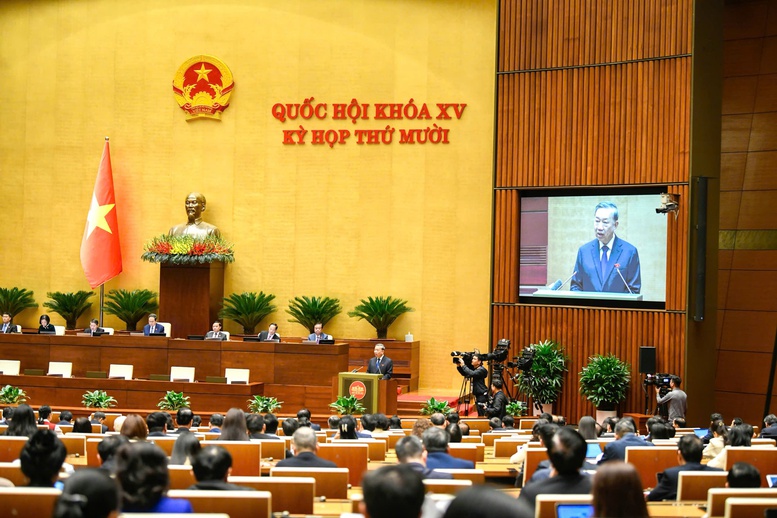
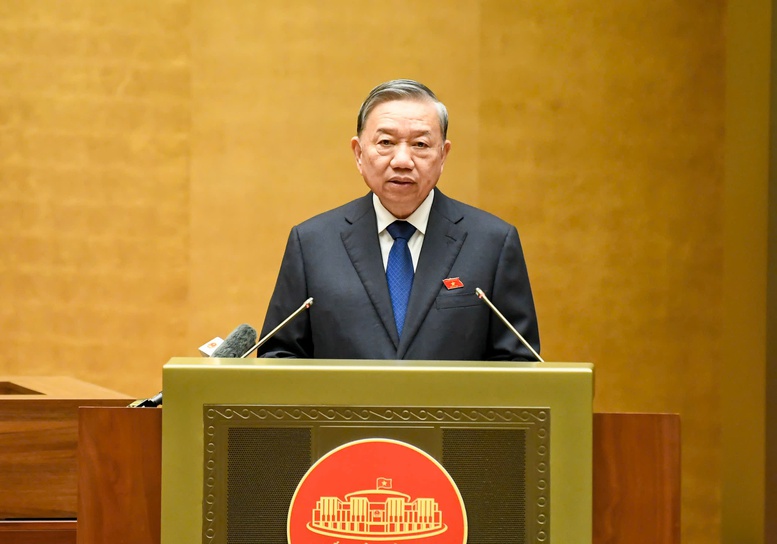


![[Photo] Opening of the 14th Conference of the 13th Party Central Committee](https://vphoto.vietnam.vn/thumb/1200x675/vietnam/resource/IMAGE/2025/11/05/1762310995216_a5-bnd-5742-5255-jpg.webp)



![[Photo] Opening of the 14th Conference of the 13th Party Central Committee](https://vphoto.vietnam.vn/thumb/402x226/vietnam/resource/IMAGE/2025/11/05/1762310995216_a5-bnd-5742-5255-jpg.webp)

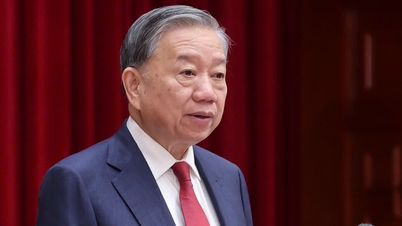

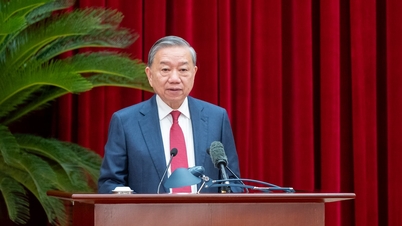

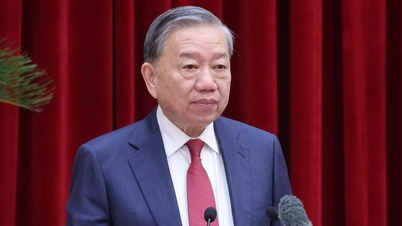

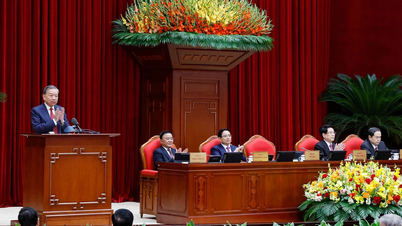

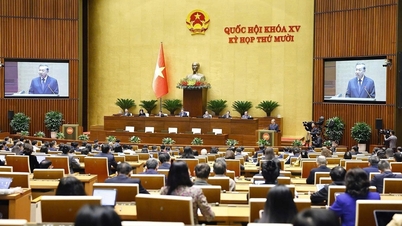








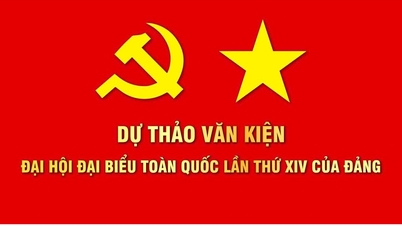








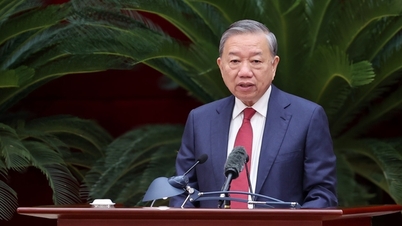
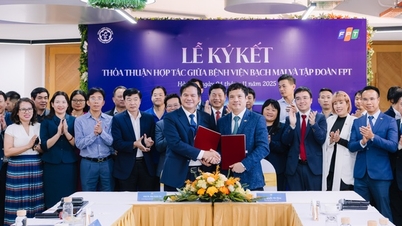
![[Photo] Panorama of the Patriotic Emulation Congress of Nhan Dan Newspaper for the period 2025-2030](https://vphoto.vietnam.vn/thumb/1200x675/vietnam/resource/IMAGE/2025/11/04/1762252775462_ndo_br_dhthiduayeuncbaond-6125-jpg.webp)



















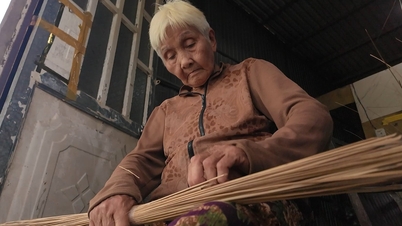














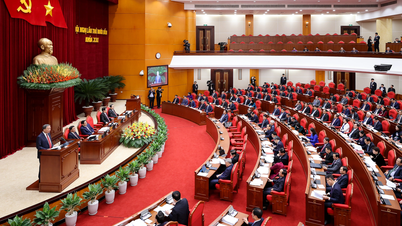

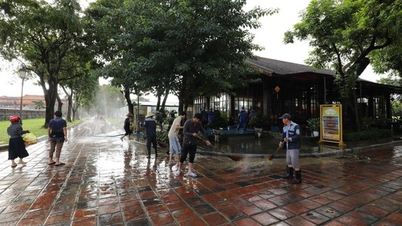

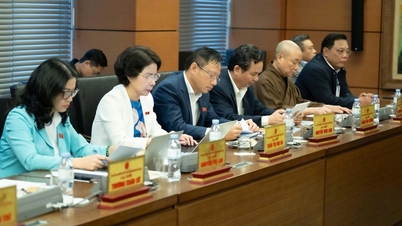
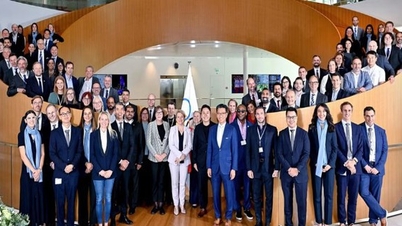

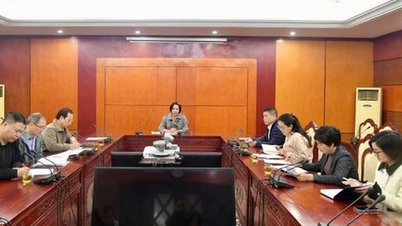

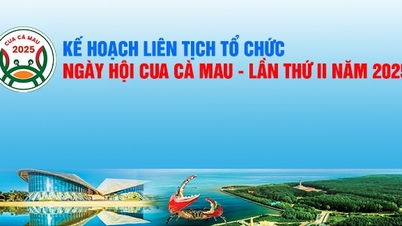



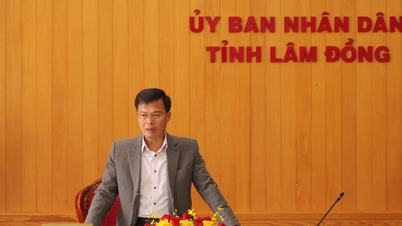


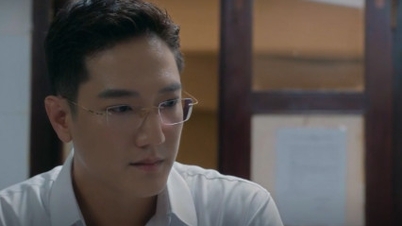














Comment (0)